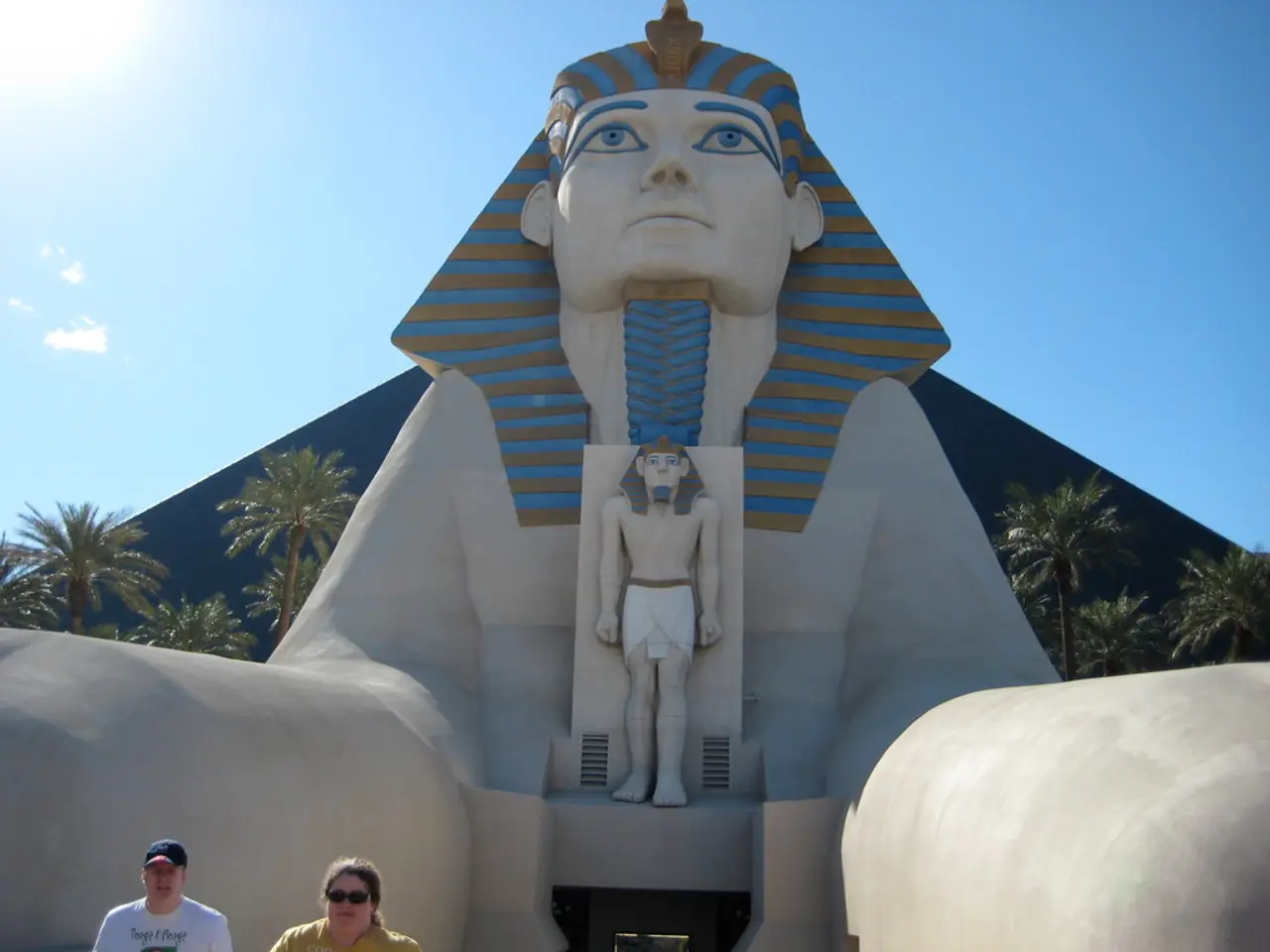Egyptian filmmaker Amr Youssef discusses the revival of classic Egyptian cinema on the big screen through the efforts of director Darwish.
In the upcoming Egyptian film "Darwish," actor Amr Youssef takes on the challenging role of a sleek con man. This character, a man caught between his quick-witted, fast-acting criminal code and a new domestic life entangled with two women who hide their own secrets, demands a nuanced portrayal that goes beyond typical villain roles.
Youssef explains that the con artist's character must be "drawn" in detail, akin to crafting a novel, which involves layering emotional nuances and charisma rather than relying on force. The con man in "Darwish" is a man torn between his usual code of "think fast and act faster" and getting acquainted with a newfound domestic life. This duality adds personal and emotional challenges that the actor must subtly present to the audience.
The main challenges Youssef highlights are developing a character that is not simply evil or violent but layered with emotional complexity and charisma, conveying the charm and subtle manipulations of a con man without making the role one-dimensional, balancing the con man’s outward confidence with his inner conflicts and the consequences of his actions, and maintaining this complexity throughout the film to keep the character believable and engaging.
This nuanced portrayal contrasts with more typical villain roles and demands greater emotional and psychological depth from the actor. Youssef shares many zippy exchanges with Dina El Sherbiny in "Darwish," and their on-screen chemistry comes from truly believing each other and not just reading lines. Youssef and El Sherbiny have worked together in various projects for more than a decade.
"Darwish" is a throwback to a kind of Egyptian cinema that has been gradually disappearing, characterized by simple stories, characters one cares about, and a focus on substance over spectacle. The film features a stellar Egyptian cast including Tara Emad, Dina El Sherbiny, and Mohamed Shahin.
The saturation of superhero films over the years has affected all film industries, including Egypt, according to Amr Youssef. Big directors like Martin Scorsese and Quentin Tarantino have expressed frustration with the narrowing of American cinema, a comparison that is telling in the context of Egyptian cinema.
Youssef's character in "Darwish" has two women (Emad and El Sherbiny) in his life who have their own secrets to hide. The film is about character and consequence, rather than explosions or special effects, making it a story worth telling, according to Amr Youssef.
"Darwish" reminds Youssef of the films he loved watching years ago, due to its warmth, elegance, attention to detail, and generosity towards the audience. Nour El Sherif, who plays one of the women in Youssef's life, has a real sharpness to her character that she captures perfectly.
Amr Youssef learned a collaborative approach to acting from working with Egyptian actor Nour El Sherif in the 2007 drama series "El Daly." El Sherif taught him the importance of never saying no to fans who appreciate one's work.
"Darwish" is currently showing in Egyptian cinemas and will be in UAE cinemas on August 28.
Amr Youssef's character in "Darwish" has two women, Tara Emad and Dina El Sherbiny, in his life who have secrets to hide. The film, a throwback to a certain kind of Egyptian cinema, focuses on characters and consequences over spectacle.
Youssef's acting approach in "Darwish" emphasizes subtlety and emotional depth, contrasting with typical villain roles. He learned this collaborative approach from working with Nour El Sherif in the 2007 drama series "El Daly."
"Darwish" is currently showing in Egyptian cinemas and will be in UAE cinemas on August 28. Amr Youssef shares a compelling on-screen chemistry with Dina El Sherbiny in the film.
The film industry, including Egypt, has been affected by the saturation of superhero films, as expressed by Amr Youssef and directors like Martin Scorsese and Quentin Tarantino. "Darwish" is a story worth telling, according to Youssef, due to its warmth, elegance, attention to detail, and focus on characters and consequences.






